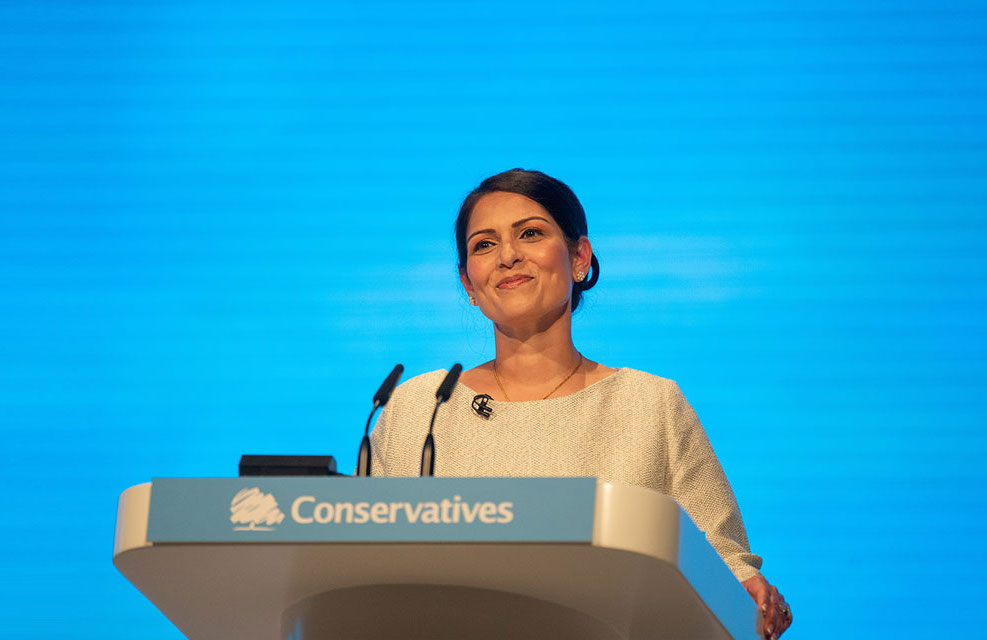Debit and credit card transactions made up more than four in every five pounds spent in 2020, according to new data published by the British Retail Consortium (BRC).
The figure sat at 81% of payments made, having risen from 78% in 2019.
As a result of a digital shift during the pandemic, cash use now accounts for just 15% of total spending in retail, a figure down from 20% in 2019, though it still accounts for 30% of individual transactions.
The BRC suggested an “overwhelming” trend towards card payments in recent years has meant retailers incurred costs of more than £1bn just to accept these payments from customers in 2020. Debit cards, which accounted for over half of all transactions (54%) for the first time, have seen transaction fees rise by 22%, to 7.2p per transaction.
Amid a backdrop of mounting costs from the pandemic, Brexit, global supply chain disruption and rising commodity prices, the BRC warned that excessive card fees could add further cost pressures to retailers.
BRC payments policy adviser, Andrew Cregan, said: “The pandemic has accelerated the trend towards card payments, with more than four in every five pounds spent in retail now made with credit or debit cards.
“Basket sizes also rose, as customers made bigger, but fewer purchases. While cash use has declined in importance, it remains vital for many people who do not have access to other payment methods.
“Despite the general movement to card payments, retailers are being punished through the soaring cost of accepting such payments. Parliament needs to urgently intervene in this anti-competitive behaviour by regulating card scheme fees and abolishing interchange fees, both of which ultimately hurt consumers. Card firms are abusing their dominant market position, and this must come to an end.”
Latest News
-
Average UK house price surpasses £300k – Halifax
-
Bank of England holds base rate at 3.75%
-
Mortgage Advice Bureau acquires Dashly
-
Bridging loans fall to lowest average completion time in eight years
-
Regulators announce first six firms to join ‘Scale-Up Unit’
-
House prices recover month-on-month in January – Nationwide
Perenna and the long-term fixed mortgage market

Content editor, Dan McGrath, spoke to head of product, proposition and distribution at Perenna, John Davison, to explore the long-term fixed mortgage market, the role that Perenna plays in this sector and the impact of the recent Autumn Budget
The role of the bridging market and technology usage in the industry
Content editor, Dan McGrath, sat down with chief operating officer at Black & White Bridging, Damien Druce, and head of development finance at Empire Global Finance, Pete Williams, to explore the role of the bridging sector, the role of AI across the industry and how the property market has fared in the Labour Government’s first year in office.
NEW BUILD IN FOCUS - NEW EPISODE OF THE MORTGAGE INSIDER PODCAST, OUT NOW

Figures from the National House-Building Council saw Q1 2025 register a 36% increase in new homes built across the UK compared with the same period last year, representing a striking development for the first-time buyer market. But with the higher cost of building, ongoing planning challenges and new and changing regulations, how sustainable is this growth? And what does it mean for brokers?
Does the North-South divide still exist in the UK housing market?

What do the most expensive parts of the country reveal about shifting demand? And why is the Manchester housing market now outperforming many southern counterparts?
In this episode of the Barclays Mortgage Insider Podcast, host Phil Spencer is joined by Lucian Cook, Head of Research at Savills, and Ross Jones, founder of Home Financial and Evolve Commercial Finance, to explore how regional trends are redefining the UK housing, mortgage and buy-to-let markets.
In this episode of the Barclays Mortgage Insider Podcast, host Phil Spencer is joined by Lucian Cook, Head of Research at Savills, and Ross Jones, founder of Home Financial and Evolve Commercial Finance, to explore how regional trends are redefining the UK housing, mortgage and buy-to-let markets.
© 2019 Perspective Publishing Privacy & Cookies










Recent Stories